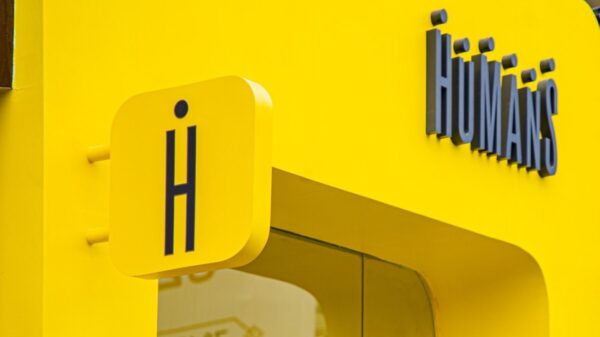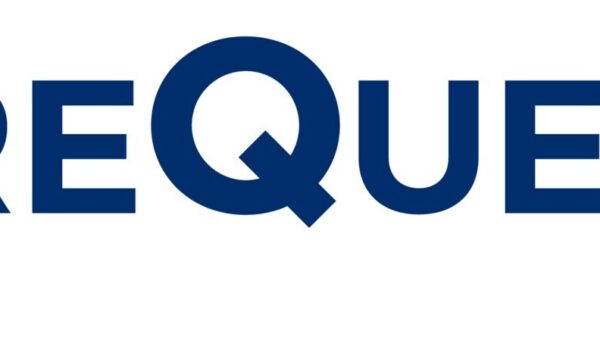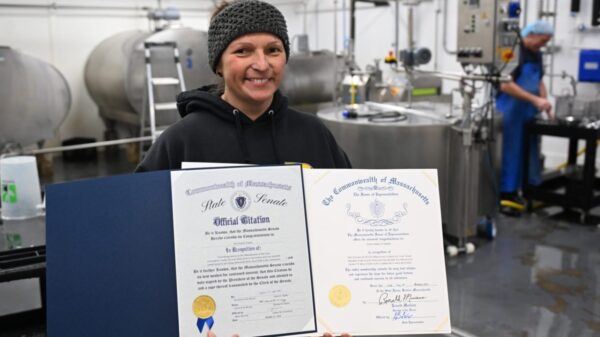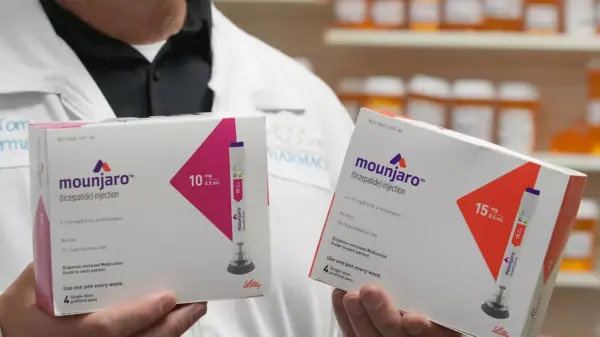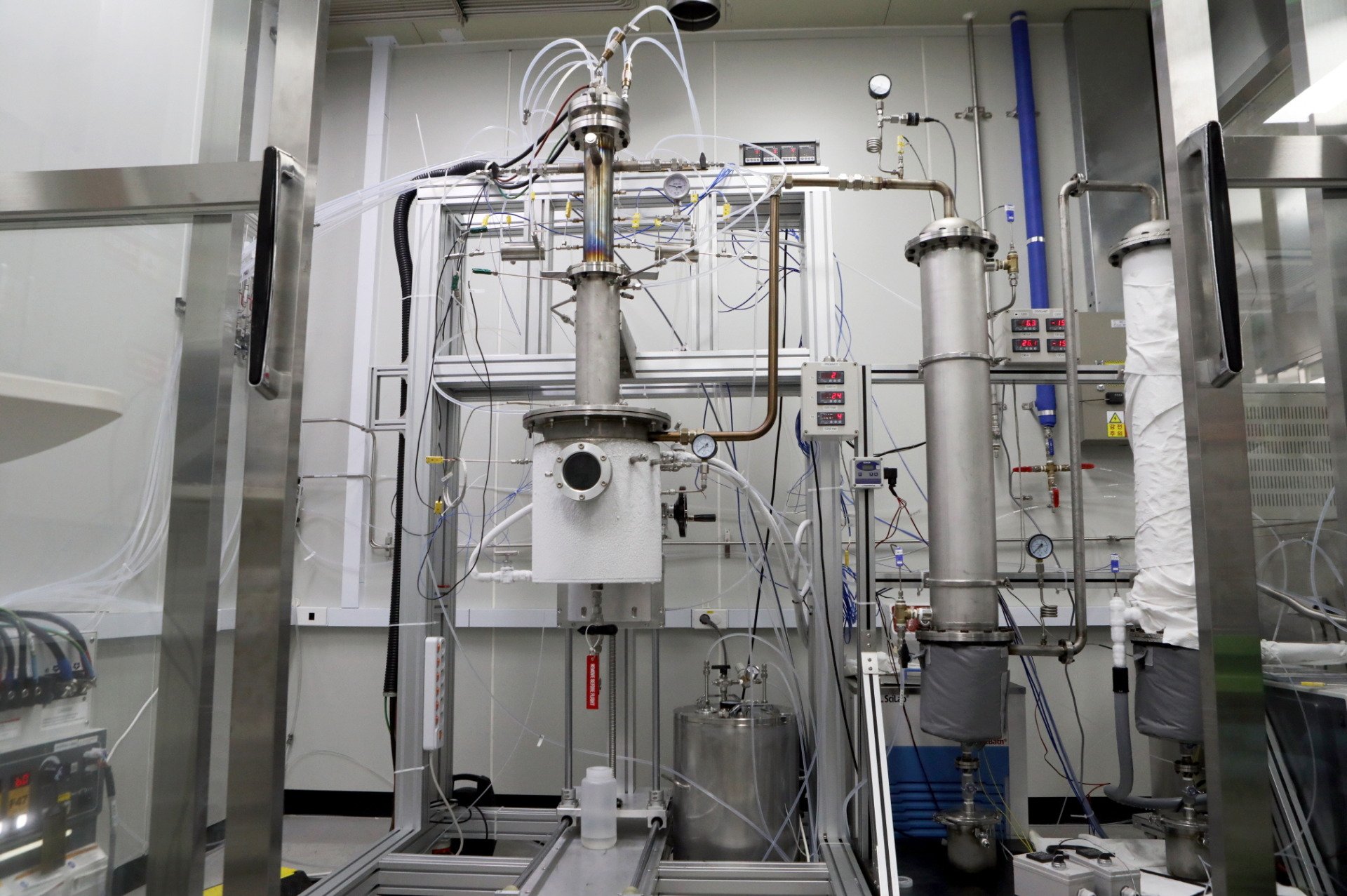BREAKING: In a groundbreaking announcement, the Korea Institute of Machinery & Materials (KIMMS) has unveiled a revolutionary hydrogen-powered plasma torch that obliterates plastic waste in less than 0.01 seconds. This cutting-edge technology could change the landscape of plastic recycling as we know it, potentially eliminating the need for sorting plastic altogether.
Officials confirmed today that the plasma torch harnesses extreme temperatures, reaching between 1,832 and 3,632 degrees Fahrenheit (1,000 and 2,000 degrees Celsius), to convert mixed plastic waste into valuable chemical compounds like ethylene and benzene. This process is not only incredibly fast but also virtually carbon-free, marking a significant shift from traditional recycling methods.
According to program director Young-Hoon Song, “In a world first, we have secured a process to successfully convert mixed plastic waste into raw materials.” This innovative approach could drastically reduce carbon emissions associated with plastic disposal, offering a sustainable alternative to current practices that often fall short of environmental goals.
The plasma torch’s efficiency is noteworthy, achieving an ethylene yield of 90% and recovering about 70 to 90% of the desired chemical compounds from the waste. After purification, researchers found that over 99% of the output met the purity standards required for recycling into new plastic manufacturing materials.
This development comes at a critical time as only a small fraction of plastics are currently recycled. The conventional method, pyrolysis, involves heating plastic waste to 1,112 degrees Fahrenheit (600 degrees Celsius), resulting in numerous byproducts of limited utility. KIMMS aims to shift South Korea’s recycling practices toward chemical processes, which currently account for less than 1% of the nation’s recycling efforts.
As environmental activists criticize the drawbacks of pyrolysis, the plasma torch presents an urgent solution to the growing plastic waste crisis. Researchers are optimistic about the impact this technology could have, not just in South Korea but globally, as plastic pollution continues to escalate.
The team plans to initiate pilot demonstrations in 2026, with commercialization on the horizon. If successful, this plasma torch could revolutionize how nations manage plastic waste, paving the way toward a more sustainable future.
Stay tuned for further updates as this important technology progresses, and consider sharing this news to raise awareness about a potential game-changer in plastic waste management.















